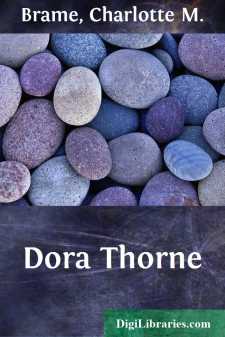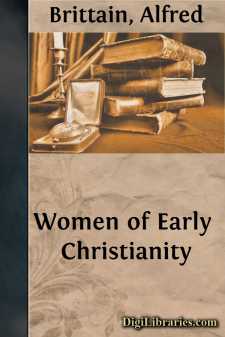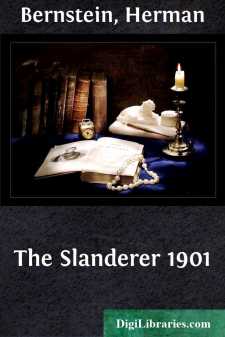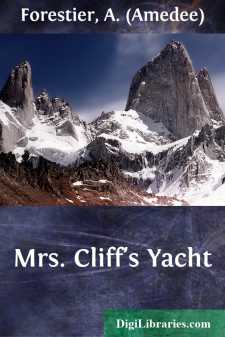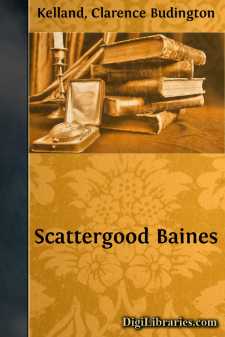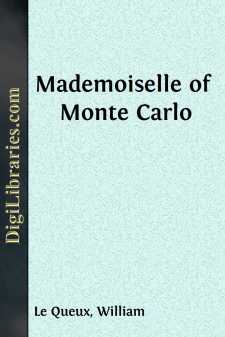Categories
- Antiques & Collectibles 13
- Architecture 36
- Art 48
- Bibles 22
- Biography & Autobiography 813
- Body, Mind & Spirit 142
- Business & Economics 28
- Children's Books 17
- Children's Fiction 14
- Computers 4
- Cooking 94
- Crafts & Hobbies 4
- Drama 346
- Education 46
- Family & Relationships 57
- Fiction 11829
- Games 19
- Gardening 17
- Health & Fitness 34
- History 1377
- House & Home 1
- Humor 147
- Juvenile Fiction 1873
- Juvenile Nonfiction 202
- Language Arts & Disciplines 88
- Law 16
- Literary Collections 686
- Literary Criticism 179
- Mathematics 13
- Medical 41
- Music 40
- Nature 179
- Non-Classifiable 1768
- Performing Arts 7
- Periodicals 1453
- Philosophy 64
- Photography 2
- Poetry 896
- Political Science 203
- Psychology 42
- Reference 154
- Religion 513
- Science 126
- Self-Help 84
- Social Science 81
- Sports & Recreation 34
- Study Aids 3
- Technology & Engineering 59
- Transportation 23
- Travel 463
- True Crime 29
Sort by:
by:
Holme Lee
CHAPTER I. The years have come and gone at Beechhurst as elsewhere, but the results of time and change seem to have almost passed it by. Every way out of the scattered forest-town is still through beautiful forest-roads—roads that cleave grand avenues, traverse black barren heaths, ford shallow rivers, and climb over ferny knolls whence the sea is visible. The church is unrestored, the parsonage is...
more...
CHAPTER I THE BETROTHAL OF OLAF Of my childhood in this Olaf life I can regain but little. There come to me, however, recollections of a house, surrounded by a moat, situated in a great plain near to seas or inland lakes, on which plain stood mounds that I connected with the dead. What the dead were I did not quite understand, but I gathered that they were people who, having once walked about and been...
more...
Chapter I "The consequences of folly seldom end with its originator," said Lord Earle to his son. "Rely upon it, Ronald, if you were to take this most foolish and unadvisable step, you would bring misery upon yourself and every one connected with you. Listen to reason." "There is no reason in prejudice," replied the young man haughtily. "You can not bring forward one valid...
more...
CHAPTER I. On the very day when Charles I. was crowned with due rejoicings—Candlemasday, in the year of our Lord 1626—a loyalty, quite as deep and perhaps even more lasting, was having its beer at Ley Manor in the north of Devon. A loyalty not to the king, for the old West-country folk knew little and cared less about the house that came over the Border; but to a lord who had won their hearts by...
more...
by:
Alfred Brittain
INTRODUCTION When the historian has described the rise and fall of empires and dynasties, and has recounted with care and exactness the details of the great political movements that have changed the map of continents, there remains the question: What was the cause of these revolutions in human society--what were the real motives that were operative in the hearts and minds of the persons in the great...
more...
by:
Herman Bernstein
Sergey Kapitonlch Akhineyev, the teacher of calligraphy, gave his daughter Natalya in marriage to the teacher of history and geography, Ivan Petrovich Loshadinikh. The wedding feast went on swimmingly. They sang, played, and danced in the parlor. Waiters, hired for the occasion from the club, bustled about hither and thither like madmen, in black frock coats and soiled white neckties. A loud noise of...
more...
ALONE WITH HER WEALTH On a beautiful September afternoon in a handsome room of one of the grand, up-town hotels in New York sat Mrs. Cliff, widow and millionaire. Widow of a village merchant, mistress of an unpretending house in the little town of Plainton, Maine, and, by strange vicissitudes of fortune, the possessor of great wealth, she was on her way from Paris to the scene of that quiet domestic...
more...
CHAPTER I HE INVADES COLDRIVER The entrance of Scattergood Baines into Coldriver Valley, and the manner of his first taking root in its soil, are legendary. This much is clear past even disputing in the post office at mail time, or evenings in the grocery—he walked in, perspiring profusely, for he was very fat. It is asserted that he walked the full twenty-four miles from the railroad, subsisting on...
more...
by:
William Le Queux
"Yes! I'm not mistaken at all! It's the same woman!" whispered the tall, good-looking young Englishman in a well-cut navy suit as he stood with his friend, a man some ten years older than himself, at one of the roulette tables at Monte Carlo, the first on the right on entering the room—that one known to habitual gamblers as "The Suicide's Table." "Are you quite...
more...
by:
Robert Nathan
I MRS. GRUMBLE On Sunday the church bells of Hillsboro rang out across the ripening fields with a grave and holy sound, and again at evening knocked faintly, with quiet sorrow, at doors where children watched for the first star, to make their wishes. Night came, and to the croaking of frogs, the moon rose over Barly Hill. In the early morning the grass, still wet with dew, chilled the bare toes of...
more...




